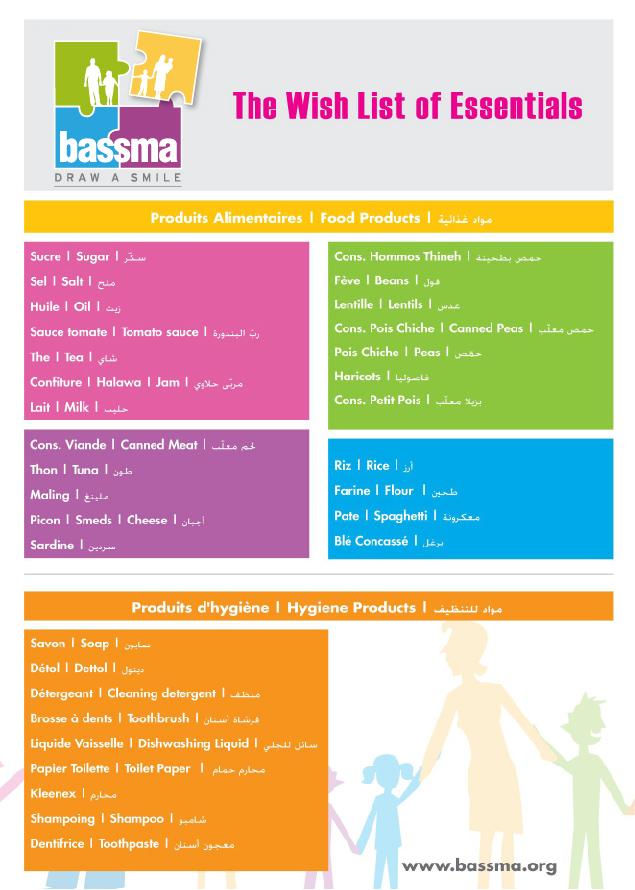source: www.ldnews.com
When babies already at increased risk for type 1 diabetes had their first solid foods before four months of age or after six months, their chances of developing the disorder at least doubled, according to a new study.
Four to six months is the recommended age window for all kids to start on solid foods, but the new results suggest timing could be even more important for babies at high risk for type 1 diabetes (T1D) because of genetic susceptibility.
The results weren't totally surprising, according to senior author Jill Norris, since type 1 diabetes is a lifelong disease in which the immune system attacks the cells that make insulin and previous research has found that the development of certain immune cells is related to the introduction of solid foods.
"We did not choose this window out of the blue," said Norris, who studies chronic diseases like diabetes at the University of Colorado, Denver.
But this was the first study to examine how many kids were actually diagnosed with diabetes.
"We think the clearest message for parents is to wait to introduce any solid foods until after the 4 month birthday," Norris told Reuters Health in an email. "And when baby is ready, solid foods should be introduced by 6 months of age or soon thereafter, preferably while the mother is still breast-feeding the baby."
Norris and her coauthors followed 1,835 children at high risk for type 1 diabetes - based on genetic testing done at birth or family history - until they were eight years old. Fifty-three children were diagnosed with the disease.
Infants first given solid food before they were four months old were almost two times as likely to develop the disease as those given solid food during the ideal age window. Kids who got solid food after they were six months old were three times as likely to be diagnosed with the disease.
There are many other risk factors at play for these kids, for example, when there were complications during vaginal birth, the children were also about twice as likely to develop the disease, regardless of when solid food was introduced.
Of the 53 kids who did get diabetes, 28 had been given solid food before four months of age, and seven hadn't tried solid food until after six months, according to results in JAMA Pediatrics.
"We hypothesize that at a very young age, an infant's gut and immune systems may not be ready for the new food, triggering a cascade of reactions that lead to autoimmune diseases, like T1D, in susceptible children," Norris said.
Although the study stratified results by food types, there is not yet enough evidence to recommend which foods are best to introduce when, she said. But she did stress the importance of continuing to breastfeed while transitioning to solid food, since this study and others suggest that breast milk has a protective effect.
About 3 million Americans have type 1 diabetes and need to closely monitor their blood sugar levels and take insulin several times daily. The study was limited to only 53 kids who eventually got the disease, which makes the results less powerful, the authors write.
"The children enrolled in this study were selected because they were at a higher genetic risk of developing type 1 diabetes," Norris said.
Kids who are not predisposed to the disease might not have the same results, she said.
"As the authors state themselves in the article, these findings need confirmation from other studies," said Dr. Suvi Virtanen of the National Institute for Health and Welfare in Helsinki, Finland. "The number of children who got diabetes is still very small in the current study as it is also in most of the previous studies done in this field."
"We do not yet know how to prevent type 1 diabetes," she told Reuters Health. More studies need to corroborate the results first.
Although following the nutritional recommendations of the American Academy of Pediatrics and the Institute of Medicine does decrease the risk of kids becoming overweight and obese, "parents cannot now do anything to prevent this disease in their children, and it's important not to worry them before we really know."
image: iStock Photo, Rudyanto Wajiya














